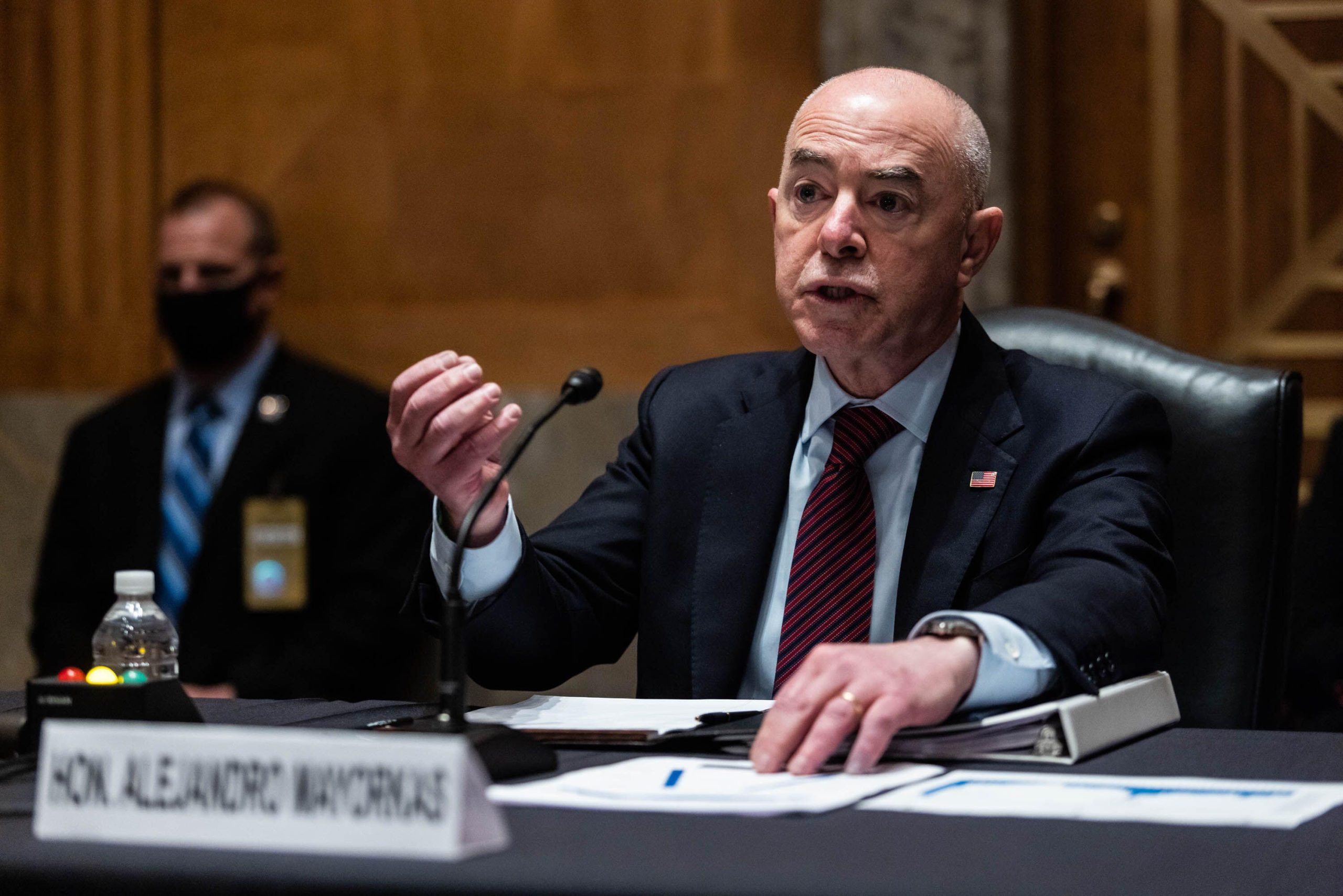
Willie R. Tubbs, FISM News
[elfsight_social_share_buttons id=”1″]
In a move that was as much a mercy killing as it was a politically adept move, the Department of Homeland Security’s disinformation board has been officially scrapped.
On Wednesday, the DHS released a statement confirming that, following a three-month pause for an internal review, the Homeland Security Advisory Council had recommended the Disinformation Governance Board be disbanded.
“In accordance with the HSAC’s prior recommendation, Secretary of Homeland Security Alejandro N. Mayorkas has terminated the Disinformation Governance Board and rescinded its charter effective today, August 24, 2022,” the statement reads.
Virtually no one with even a casual appreciation for the effect of public sentiment on policy was surprised by the announcement. In the annals of American history, one would be hard-pressed to find a board that riled so many people without technically having ever met.
In April, seemingly out of nowhere, Mayorkas announced the formation of the board, which he said would combat the spread of misinformation. However, due to the general public’s widespread distrust of giving the government authority in determining what constitutes as disinformation, there was a harsh public outcry against the board.
But to call the board’s rollout calamitous might, somehow, still be an understatement.
Mayorkas chose Nina Jankowicz as the board’s leader. Jankowics will likely be remembered primarily for singing parodies of showtunes, failing to accurately distinguish fact from propaganda on numerous occasions, advocating for social media censorship, and possessing a general smugness as she suggested that the board would lead to freer speech for the American public.
To date, the connection between a government censorship board and more free speech has never been truly explained.
Making matters worse, no one in DHS, including Mayoraks and Jankowicz, could ever fully articulate what the board was supposed to do, what powers it would have, how members would be selected, or, by far most important, how it would go about distinguishing quality information from lies.
Republicans launched a relentless campaign against the board, which proved easy to bring to a successful conclusion as the board stood as antithetical to American notions of political discourse, confused casual and professional observers, and struck a large swath of the public as something out of an Orwellian novel.
Mayorkas chose to pause the board on May 19 and appointed George W. Bush-era Homeland Security Secretary Michael Chertoff and former U.S. Deputy Attorney General Jamie Gorelick to head a committee to review the board’s existence and make a recommendation.
The move seemed mostly an effort to provide time and distance between the pause and the inevitable destruction of the board. Jankowicz had resigned her post even before the pause occurred, and there was no one, anywhere, brave enough to risk a political career defending what, even in its best-perceived light, was a convoluted idea that would be ripe for confusion and litigation.
But, based on the DHS statement it seems as if the DHS has not fully abandoned its efforts to adjudicate truth in the realm of American public discourse.
“The Department welcomes the recommendations of the Homeland Security Advisory Council, which has concluded that countering disinformation that threatens the homeland, and providing the public with accurate information in response, is critical to fulfilling the Department’s missions,” the statement reads.
Later, the statement continues, “With the HSAC recommendations as a guide, the Department will continue to address threat streams that undermine the security of our country consistent with the law, while upholding the privacy, civil rights, and civil liberties of the American people and promoting transparency in our work.”
